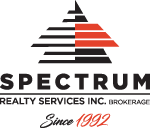Your Complete Guide to Closing Costs
Closing costs can account for an additional 3-4% of your final purchase price. If you’re buying a $1M home, you can expect your closing costs to be somewhere between $30,000 and $40,000 ontop of that price. But not all closing costs are the same.
This guide will take you through the standard fees (all homebuyers must pay these costs), situational fees (some buyers must pay these costs), and discretionary fees you will — or may — incur as a buyer on or around closing day.
1. Standard Costs
Regardless of the type of property you purchase or its final purchase price, these costs are mandatory for all buyers on or around closing day.
Land Transfer Tax
If you are buying a resale property outside of Alberta or Saskatchewan, you are subject to land transfer tax. This provincial tax is a percentage of the property value paid as a lump sum once you have closed on the transaction. If you are purchasing a property in Toronto, you are also subject to an additional municipal sales tax, which also is a percentage of the property value. Making use of a Land Transfer Tax Calculator can help you gauge how much to set aside for this cost at closing.
GST/HST
New construction homes, or homes that have been substantially renovated, are not subject to the land transfer tax, but to GST/HST. GST is the federal sales tax amount to be paid, which is 5% of the purchase price of the property. The provincial tax amount, or PST, varies by province but it typically 6%-7% on top of GST. Some provinces, like Ontario, have HST (Harmonized Sales Tax), which combines both federal and provincial sales taxes. If you are purchasing a property in Ontario, you will be expect to pay — or have paid in installments — 13% of your home’s purchase price on closing day.
Property Tax
Property tax rates are set by municipalities based on the municipal tax rate, education tax rate, and your property value. Your municipality is required to prepare and mail your property tax bill. As of closing day, you will assume responsible for the property taxes, which are payable to the municipality on the schedule determined by the municipality. On closing, you may have to pay some of these taxes to the seller directly in the form of an adjustment if the seller has paid the property taxes for the dates after they move out.
Legal Fees
As a buyer, a real estate lawyer will play an instrumental role in assisting you during the purchase of your property. There are several tasks that a real estate lawyer must complete during the home buying process, and thus, there is no set fee to be paid. You can shop around and negotiate with different lawyers to find one that best suits your needs, but upon closing you can expect to pay anywhere from $450 to upwards of $4,000.
2. Situational Costs
No two homes are the same and depending on several factors — including the type of property, negotiations, and the type of financing received — there are some case-specific fees that you may be subject to on closing day.
Mortgage Default Insurance/CMHC
If your down payment is less than 20% of the purchase price, the Government of Canada requires you to obtain mortgage default insurance. This insurance primarily protects the lender in case you default on the loan. This allows you to purchase a home with as little as a 5% down. There are a number of insurance providers, and the price of your premium will vary depending on who you choose. Visit the Canada Mortgage and Housing Corporation (CMHC) to get a sense of what your premium will be.
Estoppel/Status Certificate
If your next home is a condo, you will need to secure an estoppel/status certificate. This certificate can be ordered by any party involved in the sale of a condo, and contains key and pertinent information regarding the property (ex. condo fees, ongoing legal battles, etc.). This certificate can cost up to $100 to obtain, though occasionally the seller will cover this cost.
Interest Adjustment
Depending on where your closing date falls within your schedule of mortgage payments, you may be required to pay an interest adjustment. For example, you may close on the house on the 2nd of the month but not make your first mortgage payment until the 15th. In this case, on closing day, you will pay an interest adjustment fee, which is the interest incurred from the 2nd to the 15th.
Property Appraisal
Your lender may require you to undergo a property appraisal to satisfy mortgage requirements. A property appraisal is an assessment completed by an objective, licensed, or certified third-party appraiser. Property appraisal is a process that provides buyers with the market value of the home and will generally cost $250 to $600. There are situations where a mortgage lender will cover the appraisal costs.
3. Discretionary Costs
Since purchasing a home is such a large investment and backing out of a deal can leave you paying costly penalties, due diligence is imperative. Some of these services may be secured after closing but some — particularly home inspections, title insurance, rural testing — should be done or at least considered before closing.
Home Inspection
A professional home inspector identifies necessary repairs or deficiencies with a home, including potentially deal-breaking problems with the roof, foundation, or the home’s operating systems. They then compile a written report, including all the details of the inspection. This process typically costs around $500, but it is not mandatory. You may attempt to negotiate to have the seller cover the cost of an inspection, but the likelihood typically depends on the state of the market.
Property Survey
A property survey maps out your property’s boundaries. It is particularly useful in preventing land disputes between neighbours and may be necessary if you are looking to undergo renovations or extensions. A property survey can cost you anywhere from $1,500 to $6,000 depending on your property’s size.
Title Insurance
Your real estate lawyer may suggest that you opt in for title insurance. It not only simplifies the closing process, but it more importantly protects you from losses such as fraud and existing liens on the property’s title. Though this fee varies based on your property, it usually costs buyers $250 for a one-time premium that is valid so long as you (or your heirs) own the property.
Mortgage/Life Insurance
As a measure to protect yourself or your family in the event you become unable to pay your mortgage, mortgage or life insurance can be beneficial. You may also consider combining the two kinds of insurance together to maximize your protection.
Rural Testing
If you have purchased a rural property, you may not have municipal water or septic systems, and therefore you may want to test both the well water and septic system prior to moving in. This ensures that there is no bacteria in your water, and that the well has no mechanical issues. Additionally, some home inspectors may give your home the green light, without taking into consideration the septic system. A septic system test provides you with an extra layer of assurance to ensure that this system is up to par. Though there are free well water testing programs in Ontario, septic system tests can cost you $250 to $700
At Spectrum Realty, we are here to guide you through the purchase of your greatest investment. Contact our team today to see how we can help.


